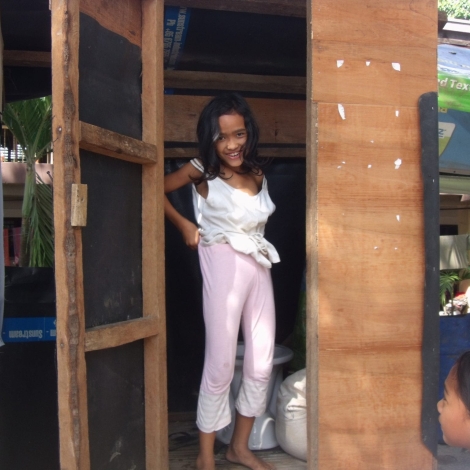About 90 percent of USAID’s water priority countries are conflict-affected or fragile. In 2018, over 60 million people around the world were affected by more than 280 natural disasters. Effective water resource management is complex even in times of peace and prosperity. In a time of crisis, whether war or natural disaster or drought, it means the difference between building resilience or compounding tragedy.
The challenges are manyfold. Together the practitioners, engineers, innovators, financial mechanisms and policymakers can bolster effective water management for the world’s most vulnerable communities.
To put the above statement in context, a recent clash over water left eleven people dead and two injured in Marsabit County, Kenya. The deaths are the latest in a string of water-related violence in the eastern African country in recent years.
Together the practitioners, engineers, innovators, financial mechanisms and policymakers can bolster effective water management for the world’s most vulnerable communities.
At the same time, in the heart of one of the poorest parts of Methare city, Kenya, it can be an incredible experience to visit a school. Looking at how a simple thing, like providing decent toilets, makes a difference to the lives of the children at the school can be very encouraging in an otherwise dismal situation. A school in that city has been recently featured in the Brave Blue World water documentary film. The school has toilets that generate electricity from urine to power lights at night time. The people call it ‘pee power.’ Likewise, the poo generates biogas that is used to cook food instead of wood. Many similar solutions and more are featured in Engineering for Change’s Solutions Library. There are also solutions in the form of service providers to WASH and clean energy production for lighting, cooking and other purposes. The services, which can provide a source for revenue generation stream in settings such as Marsabit County, could alleviate the conflict and help build peace.
This goes to demonstrate how by only providing basic services of WASH and clean energy to the children in meager settings, can put them on a path to learn for a lifetime. Integrating the WASH solutions with clean energy production can also help achieve the UN’s Sustainable Development Goals (SDG) 6 and SDG 7:
- SDG6 | Ensure availability and sustainable management of water and sanitation for all
- SDG7 | Ensure access to affordable, reliable, sustainable and modern energy for all
These solutions can also create jobs locally and help reduce the reliance on foreign aid in the long term.

